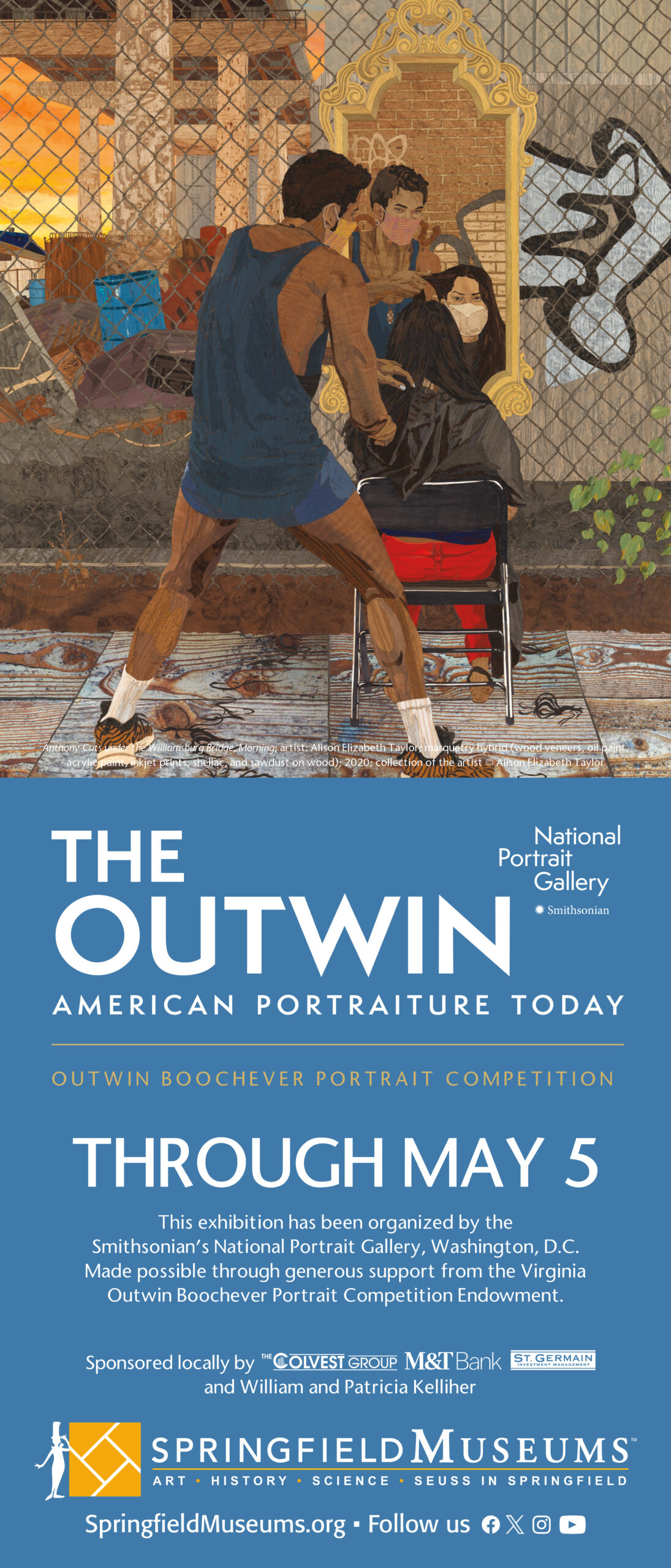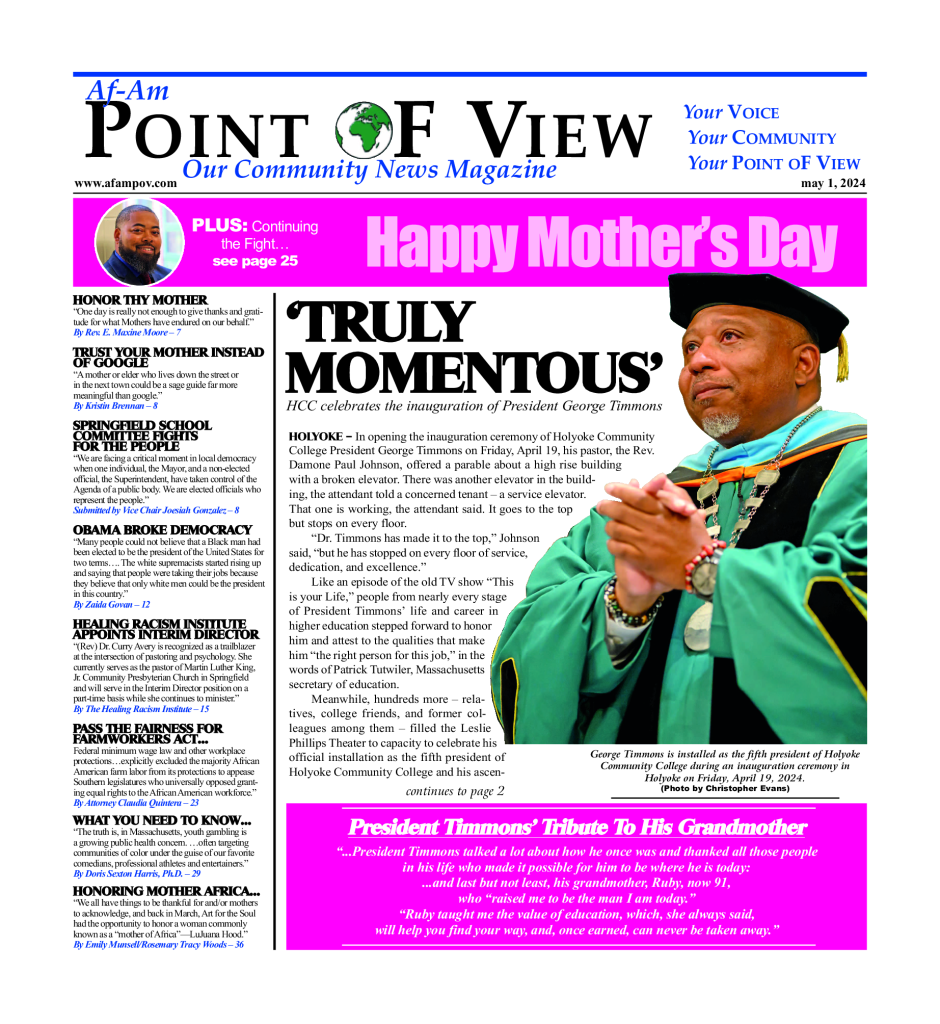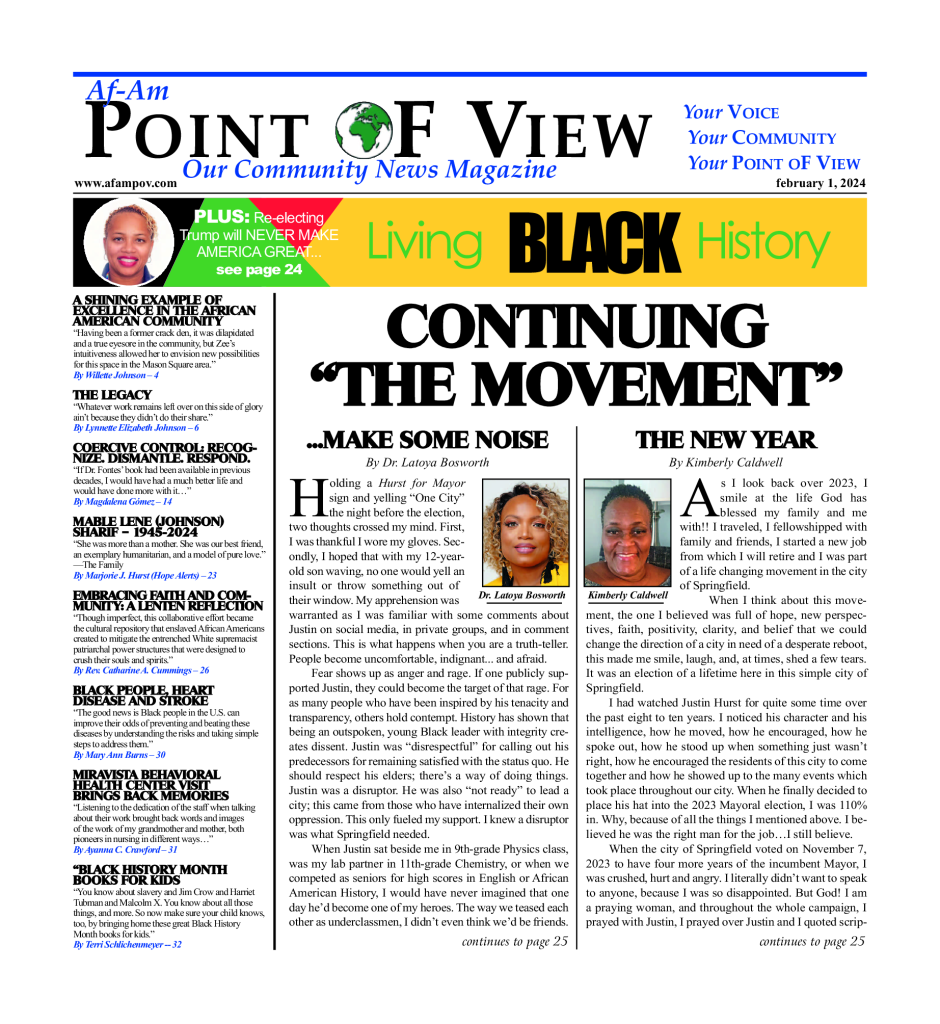My Continued Pandemic Reading
FORTY-FOUR
As I was beginning to read the first volume of Barack Obama’s memoirs, “A Promised Land” (a Christmas gift from my oldest son and his wife), I was reminded, while perusing the commentary on the cover, that Obama was our 44th president and the reminder aroused the superstition in me when I reflected on the fact that I was born in 1944 in the 4th month of the year on the 16th day (Get it! 4×4 = 16!). I don’t know what all the numerical coincidences mean but they might mean something significant…Who knows?
“AFRICAN EUROPEANS”
I hadn’t gotten beyond the preface of “A Promised Land” before encountering Olivette Otele’s book “African Europeans” which, if you are a patient reader, is a brilliant historical and well-documented review of the emergence of “racialism” and “racism” in Europe all the way back to the Romans and up to the present. I use the two terms separately even though modern dictionaries conflate the two as though they are the same which may be so now but not, according to the author, in the beginning when color distinctions began to emerge in the literature. As you read Otele’s book, you can expect to understand why modern Europeans, and especially their White American ancestors, go so far to hide their racial history, primarily based on color, that they used to justify a form of slavery that reached its brutal apex during the transcontinental slave trade upon which the Caribbean Islands and the Americas were built. And, if you really want to get historical context, read “God’s Shadow” by Alan Mikhail, an early history of the Ottoman Empire, a history that was also deliberately deleted from European (and American) histories of the world because of its superiority to Europe and its people. (Bits from “African Europeans”: Africans roamed the European continent from early Roman times to the present. In case you didn’t know it, the mentor of the great Roman warrior and emperor-philosopher Marcus Aurelius (born 121 AD) was an African and the great 18th century composer Wolfgang Amadeus Mozart was a racist who (against the advice of his father-teacher) refused to attend the concert of an accomplished African composer because of his race.)
“A PROMISED LAND”
I must confess that, mostly by gift, I possess three books about former President Barack Obama that I had not bothered to read before I picked up “A Promised Land.” The other two sat in my bookcase unread for months and years. I have never quite been at ease reading autobiographies of successful contemporary African American men and I struggle to understand or explain why but I think it is simply because their struggles are so relatively similar to mine because we, predictably and inevitably, shared so many of the same experiences. We all ended up, more or less, in different places but the essence of our common travels is our predictable struggles to arrive. Reliving those struggles through another Black man’s story is simply “not that comfortable” for me. I placed “not that comfortable” in quotations because the phrase is not an exact description of what I feel but close enough to it. I finally decided, especially in light of current tumultuous events, that I needed to read “A Promised Land” if only to get a better intellectual grip on current events that have pushed me toward a cynicism toward White America that I would rather not carry. It’s burdensome. So, after reading “African Europeans,” I restarted reading “A Promised Land” and it only took me the first chapter (“The Bet”) to know it was a good thing for me even though it is long (700 plus pages) with small print. I highly recommend it.
LEADERSHIP IN TURBULENT TIMES
I read Doris Kearns Goodwin’s latest book, “Leadership in Turbulent Times,” in which she focused on what made four past presidents great leaders. Those presidents were Abraham Lincoln, Theodore “Teddy” Roosevelt, Franklin Delano Roosevelt and Lyndon Baines Johnson, all of whom were faced with critical events at a pivotal time in their careers and rose to the occasion by embracing boldness. They were all different personalities who demonstrated common characteristics of leadership that shaped permanent change for the good in the American experiment as did Barack Obama when he won the bold battle to pass what is commonly called “Obamacare,” which opened access to medical care for 32 million people and counting. But the four leaders Goodwin chose to highlight tackled what can fairly be called the existential issues of their times―often in the face of massive opposition from their own political supporters―and altered what it meant for America to be a democracy. They advanced the American Dream by daring to confront the conventional wisdom and the status quo of their times and made it possible for the growth of the great American middle class and the unprecedented expansion of civil rights. I rarely give my books away but instead save them for future reference. But I forgot to order my son Justin’s copy for his Father’s Day gift so I gave him mine. It can only bolster his early commitment to good and bold leadership.
GOOD LEADERSHIP: “SAVING FREEDOM”
I must admit, even though I often watch “Morning Joe,” I never looked at Joe Scarborough as a scholar who could write a really good book about historical events, which is why I bought his book “Saving Freedom,” more out of curiosity than anything more. So I was really surprised at how good it was. Historical figures like Grant and Truman are often lost in between the lines of history when their accomplishments are as good as the best when studied in the context of their times and events. Not every great leader commands the attention of Doris Kearns Goodwin but as Joe Scarborough was able to relate in simple language, Harry Truman was among those who easily measured up to the best of her choices as Ulysses Grant did in my estimation. Both were post Civil War allies of Black Americans. The paperback cover of Scarborough’s book says, “TRUMAN, THE COLD WAR AND THE FIGHT FOR WESTERN CIVILIZATION,” which sums it all up. The United States, post World War II Europe and the entire world order owe a strong debt to Truman’s leadership that often gets overshadowed by Franklin Delano Roosevelt’s popularity. “Saving Freedom” is a must read.
BAD LEADERSHIP: “BAG MAN”
If not for the “Watergate” scandal, the biggest scandal in the Nixon era would have revolved around his corrupt vice president, Spiro Agnew, who was thoroughly corrupt as governor of Maryland and well after he joined the White House under Nixon. If you haven’t yet read it, Rachel Maddow’s book “Bag Man” lays it out like only Rachel can do. Nixon was right in that he was “not a (lowly common) crook” like his vice president Spiro Agnew but he was an irremediable scalawag and liar who was willing to break the law for political gain. Spiro Agnew was merely a common crook, as Maddow brilliantly documented, who never should have been chosen as any American president’s vice president. As I read “Bag Man,” however, I could not help but grasp what may have been Maddow’s underlying theme and certainly my conviction: that former President Donald Trump was a combination of both Agnew and Nixon and, therefore, among the worst presidents (if not the worst) ever. I’ll leave it up to readers to conclude what that says about his followers.
“NAPOLEAN: A LIFE”
Andrew Robert’s biography of Napoleon Bonaparte is a must read if you want to gain a broader and more realistic view of a warrior king who conquered most of Europe and might have conquered it all if he had not eventually made the fatal career mistake of invading Russia and suffering the same fate that befell Adolf Hitler more than a century and a half later after Hitler also had almost conquered all of Europe. The two couldn’t have been more unalike. Taking advantage of the chaos of the French Revolution after the beheading of Robespierre, Napoleon schemed and engineered his way to power and made himself emperor of France while placing many of his relatives in power in places he conquered. But, according to Roberts, in his own way, Napoleon was an enlightened ruler (who established the Napoleonic Code) and could have persevered if not for his inclination toward nepotism and toward going to war rather than compromising, all while overestimating himself in a manner that (combined with his diminutive physical size) allowed for him to be somewhat unfairly caricatured in history for his oversized ego.
VOTER NONSENSE
The one thing the media is missing in its frenzy over the efforts (often successful) to pass voter suppression laws is that we who are the targets of White political shenanigans, as individuals and as groups, also have power. With all the unnecessary inconvenience that attaches to these new-style Jim Crow laws, violence and lynching are not prominent among them…just a magnitude of inconvenience, the size of which varies by jurisdiction, that are surmountable with varying degrees of effort, none of which need “prevent” Black folks from voting as much as past Jim Crow laws did with their ever present threat of violence and death. In my 77th year, nothing would embarrass me more or malign the memory of those who bled and died for the cause than if we let these reactionary bigots scare us away from the voting polls when all we need to do is overcome nonlethal inconveniences no matter how severe or unfair they may be. That is how we have survived and risen up from the beginning of the worst type of slavery the world has ever known to now…by adjusting to the prevailing circumstances – whatever they may be – and overcoming. These voter barriers, however unfair, are surmountable. So while we fight the efforts to suppress our vote, let’s also plan to circumvent those efforts and succeed with the same determination as we have always demonstrated while being cognizant of the fact that the new laws designed to stymie the Black and Brown vote will also unintentionally negatively impact the vote of many well-meaning and not so well-meaning White voters who are not as experienced in overcoming fake barriers.
IT WAS A REFRESHING NAIVETÉ
As I listened to former President Barack Obama’s recent television interview, I was both pleased and a bit put off by his apparent naiveté as I also detected a slight residue of youthful disappointment in his voice. It was the first time that I can recall that Obama showed any awareness that his lofty view of the world, and America in particular, may not have been realistic even as he seemed to struggle to cling to the idealism that brought him to power and even as his words and demeanor signaled the decline of that same youthful idealism that propelled him to power and dominated the early years of his presidency. I got the sense that he was coming to the realization that he and Trump are different sides of the same American coin (Obama being the good side and Trump the bad) that is being used by less than noble politicians to purchase a future that is the reverse of what Obama imagined and what most of America stands for. My conclusion was that Obama has matured and – though he was a good president – if given a second chance, he would be a much better and more effective and less hesitant president. But after all has been said, he remains refreshingly positive and has nothing to apologize for. ■








